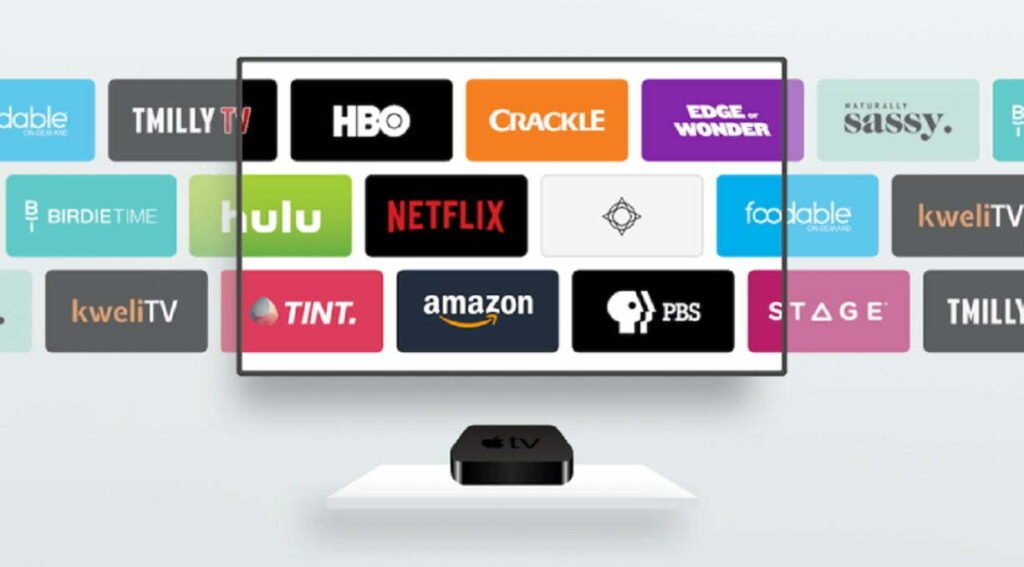The tech industry opposes the idea of regulating OTT players, and the impact on consumers and how apps like WhatsApp and Signal would be regulated will only be clear once the bill’s contents are disclosed. Typically, the monsoon parliament session takes place between July and August.
OTT communication apps like WhatsApp and Telegram are facing regulation in several countries around the world. These apps, which allow users to send messages, make calls, and share files for free over the internet, have grown in popularity over the past few years.
In India, the government has proposed new rules that would require messaging apps to reveal the originator of flagged messages, and remove any content deemed to be inflammatory or defamatory within 24 hours. This move is aimed at curbing the spread of fake news and misinformation on these platforms, which have been linked to instances of violence in the past.
In the European Union, the European Commission is considering new rules that would require online platforms to remove illegal content within one hour of being notified. This would include hate speech, terrorist propaganda, and child pornography, among other things. The proposed regulation would also require companies to provide regular transparency reports on how they moderate the content.
In the United States, there have been calls for increased regulation of social media companies, including messaging apps. Some lawmakers have proposed amending Section 230 of the Communications Decency Act, which currently shields online platforms from liability for user-generated content.
While the regulation of these apps may be necessary to address concerns around the spread of misinformation, hate speech, and other harmful content, it is also important to ensure that any regulation strikes the right balance between protecting public safety and preserving freedom of speech and privacy.
WhatsApp and Telegram are two of the most popular messaging apps in the world, with over 2 billion and 500 million users respectively. These apps have become an integral part of daily communication for many people, particularly in countries where mobile data is expensive or unreliable.
The proposed regulation of these apps is likely to be a contentious issue, with many users and privacy advocates expressing concern about the impact on free speech and privacy. However, it is clear that something needs to be done to address the spread of harmful content on these platforms, and governments around the world are taking action to ensure that they are held accountable.
Follow TelecomByte for the latest Tech News, also keep up with us on Twitter, and Facebook.




